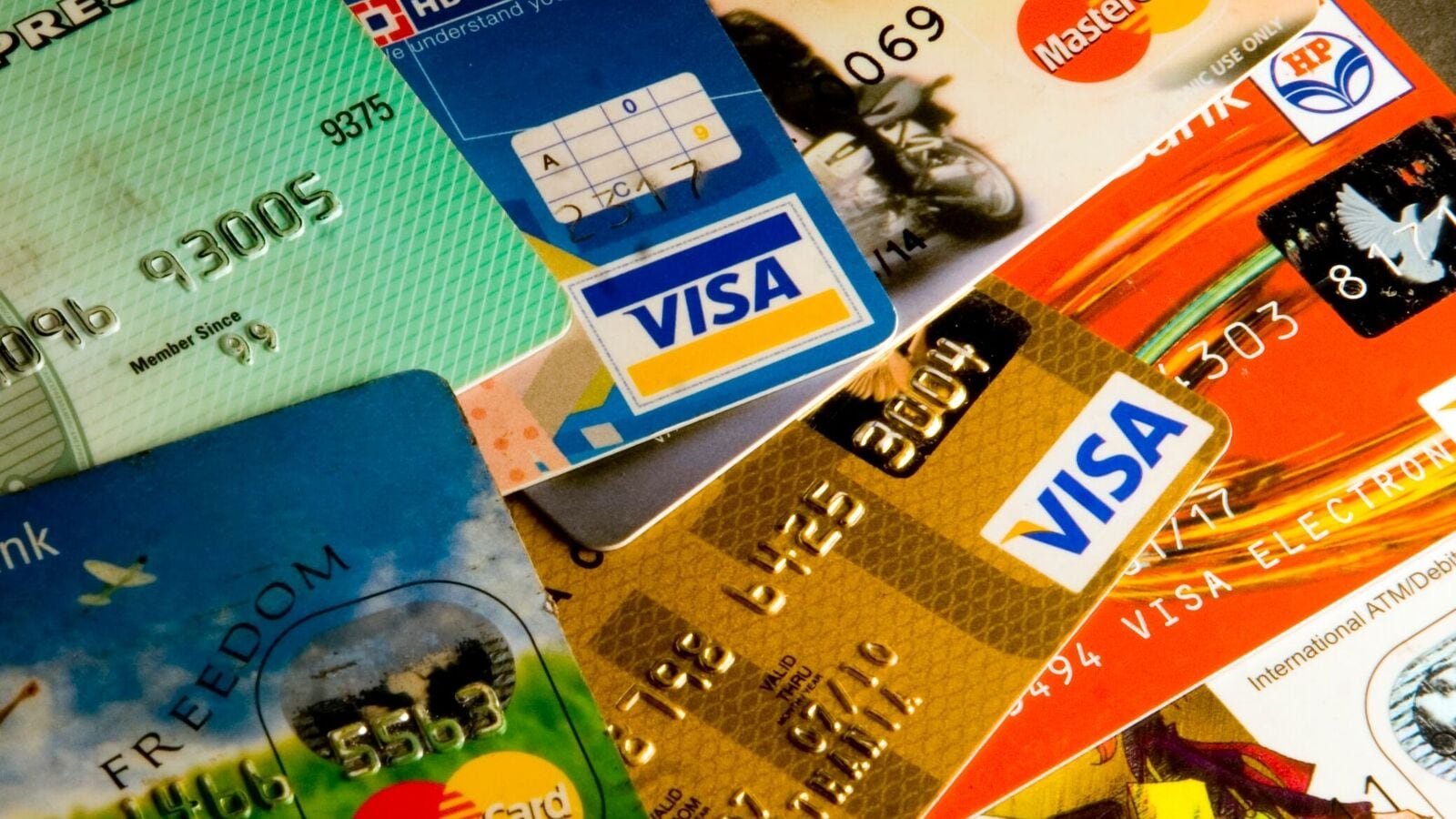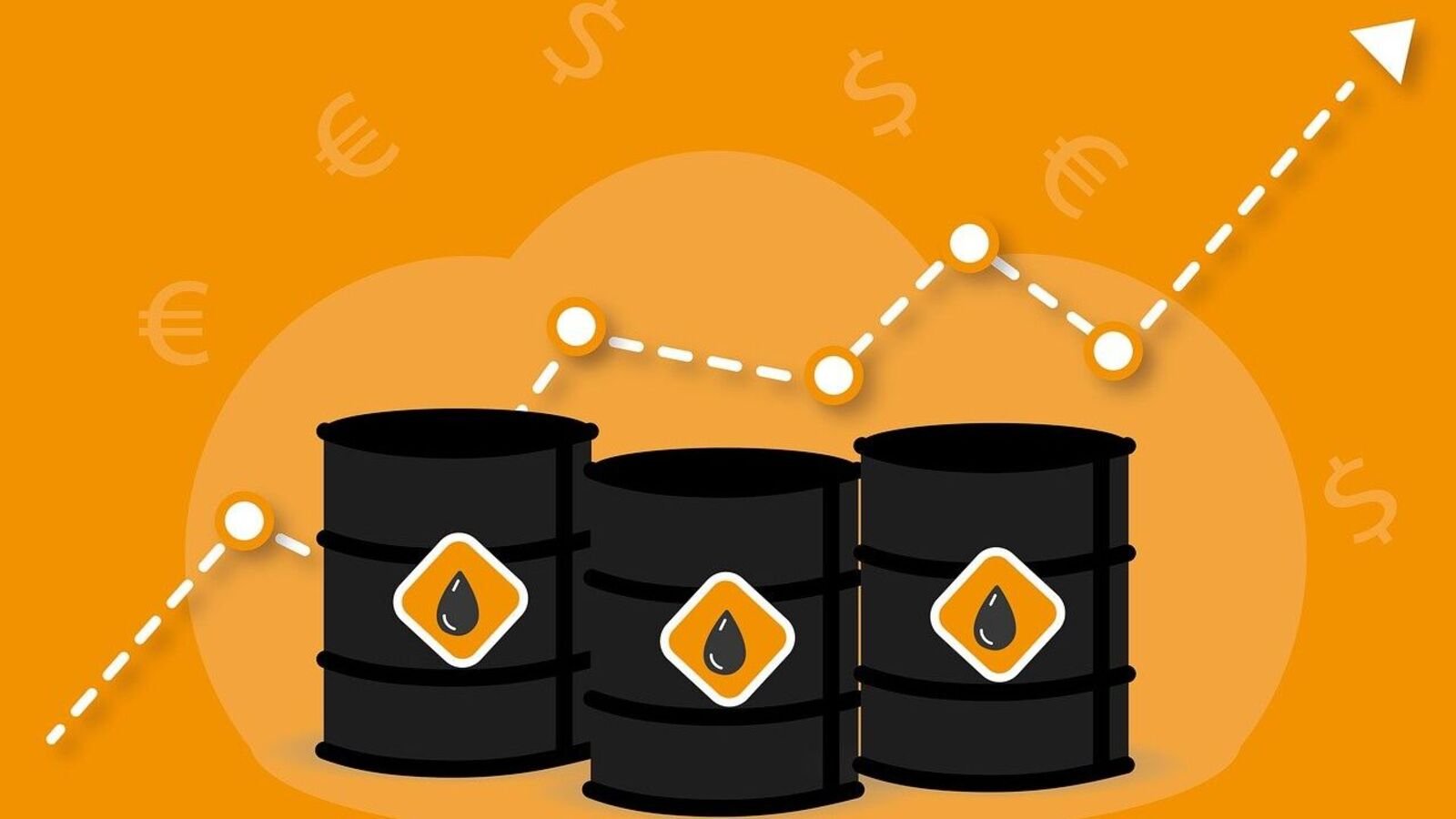Life is full of uncertainties, often presenting unexpected financial challenges. Whether it’s a sudden medical expense or an urgent home repair, these situations can strain your finances and leave you seeking immediate solutions. In such times, a credit card may seem like an appealing lifeline, providing instant access to funds.
While credit cards can offer a temporary financial cushion, relying on them as your primary emergency fund is risky. High interest rates associated with credit card debt can quickly escalate, transforming a short-term solution into a long-term financial burden.
Tips for using credit cards during emergencies
- Designate an emergency card: Keep one credit card specifically for emergencies to prevent its use for everyday expenses.
- Understand card terms: Familiarise yourself with your credit card’s interest rates, credit limits, and any fees associated with cash advances or debt transfers.
- Pay off balances quickly: Aim to pay off any credit card debt as soon as possible to minimise interest charges and maintain financial health.
Conclusion
Credit cards can serve as a temporary financial resource during emergencies, but they should not replace a dedicated emergency fund. The high interest rates and potential for overspending can exacerbate your financial challenges.
Instead, prioritise building an emergency fund in a high-yield savings account, providing you with a reliable and interest-earning safety net for unforeseen circumstances.




